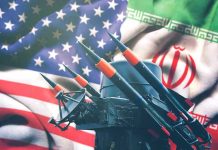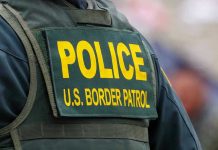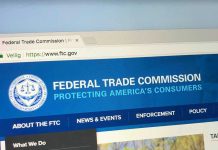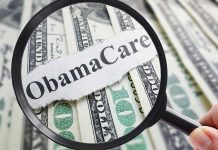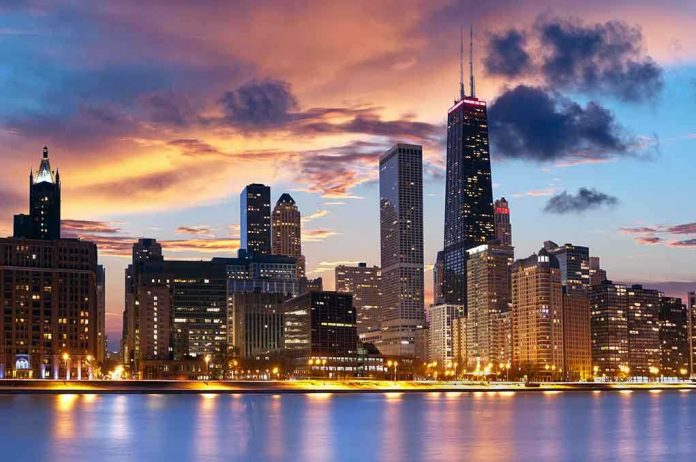
President Trump’s warning to “fix Chicago or we’re coming” has reignited the debate over federal authority, public safety, and whether local leaders are doing enough to protect families in America’s heartland.
Story Snapshot
- Trump threatens federal intervention in Chicago after a violent Labor Day weekend leaves at least eight dead and dozens wounded.
- Illinois Governor Pritzker and Chicago Mayor Johnson reject federal involvement, calling it a threat to state rights and democracy.
- The clash raises urgent questions about constitutional limits, National Guard authority, and local control over law enforcement.
- Chicago’s ongoing crime crisis frustrates residents as political leaders trade blame instead of solutions.
Trump’s Ultimatum: “Straighten It Out, FAST”
On August 30, 2025, President Donald Trump issued a direct warning to Illinois Governor J.B. Pritzker via Truth Social, referencing the latest outbreak of violence in Chicago over Labor Day weekend. At least eight people were killed and 48 wounded by gunfire, adding to a grim record that has plagued the city for years. Trump called Pritzker “weak and pathetic,” threatened possible deployment of the National Guard, and declared that the federal government would step in if local leaders failed to restore order. This message struck a chord with Americans who feel their communities have suffered under lax law enforcement and political gamesmanship.
The President’s statement immediately intensified debate about the federal government’s role in local policing. Supporters argue that Washington must act when state and city officials let violence spiral out of control, especially in cities that have pushed progressive policies seen as soft on crime. Critics, including Governor Pritzker and Chicago Mayor Brandon Johnson, decried the threat as political grandstanding and warned that it could undermine constitutional principles protecting state sovereignty. Johnson responded with an executive order barring city cooperation with federal immigration enforcement, framing the move as a defense against federal overreach rather than an obstruction to public safety.
Constitutional Showdown: Federal vs. State Authority
The standoff exposes deep constitutional questions, particularly around the control of the National Guard and the limits of presidential authority. While the President directly controls the D.C. National Guard, state units typically remain under the governor’s command unless federalized under specific circumstances. Legal experts suggest that forcibly deploying troops over the objection of state officials would trigger immediate court challenges and set a dangerous precedent for federal power. The conflict also highlights the ongoing tension between federal initiatives to fight crime and local officials’ desire to maintain autonomy—an issue that resonates with conservatives wary of government overreach and erosion of local rights.
Experts and former military leaders have warned that National Guard troops are not trained for civilian law enforcement and could face reduced pay if pressed into this role. History shows that such deployments risk inflaming tensions rather than resolving the root causes of violence. Yet, for many voters, the spike in Chicago crime is more than a policy problem—it’s a symbol of failed leadership and misplaced priorities. They see federal intervention as a last resort after years of frustration with policies that prioritize ideology over safety and common sense.
Political Fallout and Public Frustration
The confrontation between Trump and Illinois officials arrives at a time of intense political polarization, with public safety now a central campaign issue heading into the 2026 and 2028 elections. Conservatives view the chaos in Chicago as evidence of the consequences of leftist governance, where crime is allowed to fester and law-abiding citizens are left vulnerable. Meanwhile, progressive leaders double down on resisting federal involvement, often invoking “democracy” while sidestepping responsibility for the city’s spiraling violence. The public, especially in high-crime neighborhoods, faces the real consequences—fear, economic disruption, and a diminished sense of security.
Short-term, the threat of federal action has heightened tensions between Washington and local leaders, leaving residents caught in a political tug-of-war. Long-term, the dispute could shape national debates on federalism, law enforcement, and the future of American cities. For many, the question remains: will leaders finally put aside political posturing and take real action to restore order, or will constitutional safeguards be further tested as federal and state powers collide?
Trump Slams Pritzker After Chicago Violence: ‘He Better Straighten It Out, FAST — or We’re Coming!’https://t.co/jFJWWB4bh8
— G_Kraig (@g_kraig) September 1, 2025
As the situation develops, all eyes remain on Chicago. The city’s fate may well signal whether America is willing to reclaim the rule of law in its cities, or whether political bickering will continue to erode the safety and values that families hold dear. The stakes are nothing less than the integrity of the Constitution and the future of American communities.
Sources:
Trump warns Illinois Governor to fix Chicago or ‘we’re coming’ — Anadolu Agency
Labor Day violence in Chicago prompts Trump National Guard warning — Fox 32 Chicago


